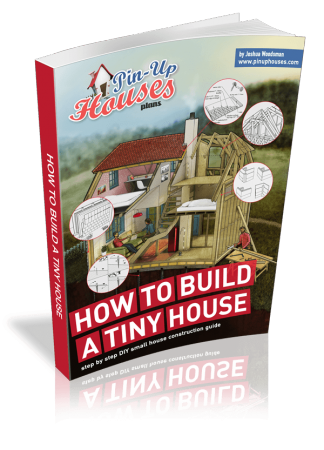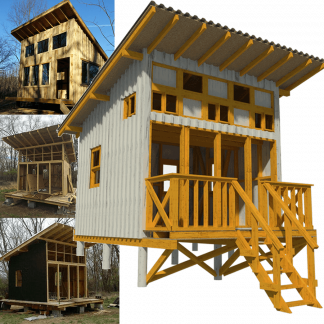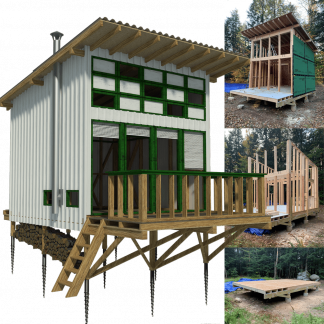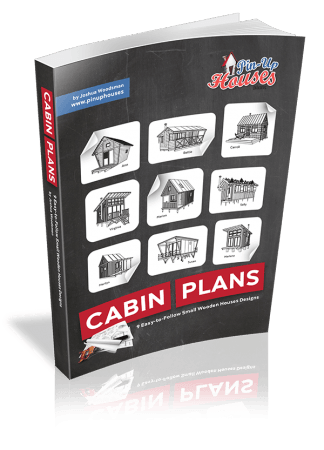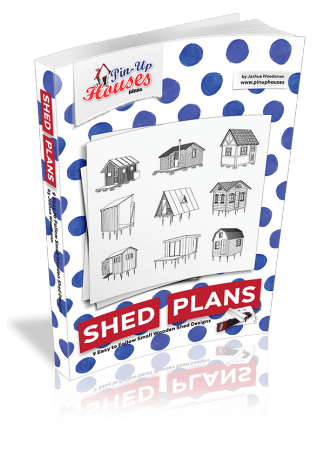Retirement often prompts a reevaluation of many aspects of life, with housing being one of the most significant. For many retirees, the prospect of downsizing or changing living arrangements can seem daunting, but also presents an opportunity to align lifestyle with financial goals. Choosing the right housing option isn’t just about square footage or location; it’s about balancing comfort, affordability, and future needs.
As you approach retirement or navigate this new phase, understanding the financial, emotional, and practical implications of housing decisions is essential. Whether you plan to sell your current home, move into a retirement community, or age in place, each choice carries unique benefits and challenges. This article delves into the reasons retirees consider downsizing, explores various housing options, discusses financial benefits and costs, and examines alternatives that provide greater flexibility and security.
Why Consider Downsizing?
Downsizing in retirement typically involves moving to a smaller, more manageable home. This decision is often motivated by practical needs: less maintenance, fewer stairs, and reduced utility costs. Beyond the physical benefits, downsizing can have profound financial implications.
Smaller homes usually come with lower property taxes, insurance premiums, and utility bills, which can significantly ease the financial burden on a fixed retirement income. Downsizing also offers the chance to liquidate part of your home equity, providing funds that can be reinvested, used for healthcare, travel, or daily living expenses.
Furthermore, many retirees seek to relocate closer to family, healthcare facilities, or into communities that offer a richer social environment and support services, enhancing overall quality of life.
Financial Benefits of Downsizing
Selling a larger, often family-oriented home and moving into a smaller residence can release substantial capital. This influx of funds can be a lifeline in retirement, supporting everything from daily expenses to unexpected costs like medical bills.
In addition, reduced ongoing expenses help retirees stretch their fixed incomes further. Lower property taxes, reduced maintenance costs, and smaller utility bills translate into monthly savings, improving cash flow and financial stability.
However, it’s important to consider transaction costs, including real estate agent fees, moving expenses, and potential capital gains taxes, which can offset some financial benefits if not planned carefully.
Alternatives to Moving: Staying Put with Reverse Mortgages
While downsizing offers clear financial advantages, not all retirees want or are able to move. Emotional ties to a long-time home, community connections, or health limitations often make aging in place the preferred choice.
A reverse mortgage is a financial tool designed to help seniors age 62 and older convert home equity into tax-free cash without selling or relocating. This option can provide a flexible income source to cover living expenses, home improvements, healthcare costs, or other needs, allowing retirees to stay comfortably in their homes.
Reverse mortgages can be structured as lump sums, monthly payments, or lines of credit, offering flexibility tailored to individual circumstances. However, it is important to fully understand reverse mortgage pros and cons before making a decision. Careful consideration and professional advice are critical to navigate the complexities of reverse mortgages and to determine if this financial option is the right fit for your long-term plans.
Housing Options for Retirees
Beyond traditional downsizing, retirees have a spectrum of housing choices designed to meet diverse needs and preferences:
- 55+ Communities: These age-restricted neighborhoods cater specifically to older adults, offering amenities like clubhouses, fitness centers, and social activities that promote active lifestyles.
- Continuing Care Retirement Communities (CCRCs): CCRCs provide a continuum of care, allowing residents to move from independent living to assisted living or skilled nursing care as needs evolve, all within the same community.
- Multigenerational Living: Some retirees opt to live with family members or in multigenerational households, fostering support and shared resources.
- Active Adult Communities: Focused on wellness and recreation, these communities often feature golf courses, pools, and organized events to keep residents engaged.
Each option varies in cost, level of independence, and available services, making it important to assess what aligns best with your financial and lifestyle goals.
Planning Your Move Carefully
Moving during retirement involves more than just packing boxes. Thoughtful planning is essential to avoid costly mistakes or emotional stress.
Consider the timing of selling your current home and purchasing a new one, as market conditions can impact your financial outcome. Understand tax implications, such as capital gains exclusions for primary residences, and plan for moving expenses and potential renovations.
Social factors are equally important. Relocating can disrupt established support networks, so evaluating proximity to family, healthcare providers, and community resources is crucial.
Engaging with real estate professionals experienced in working with retirees can help streamline the process and align decisions with long-term financial security.
Final Thoughts
Housing decisions significantly influence the retirement quality of life and financial health. Downsizing can unlock equity and reduce expenses, providing financial freedom and simplifying living. However, for those wishing to remain in their homes, alternatives like reverse mortgages offer valuable flexibility.
By carefully evaluating housing options, understanding financial implications, and planning moves thoughtfully, retirees can create living situations that enhance comfort, security, and peace of mind throughout retirement.
Making informed housing choices is a foundational step toward a fulfilling and financially sound retirement.


